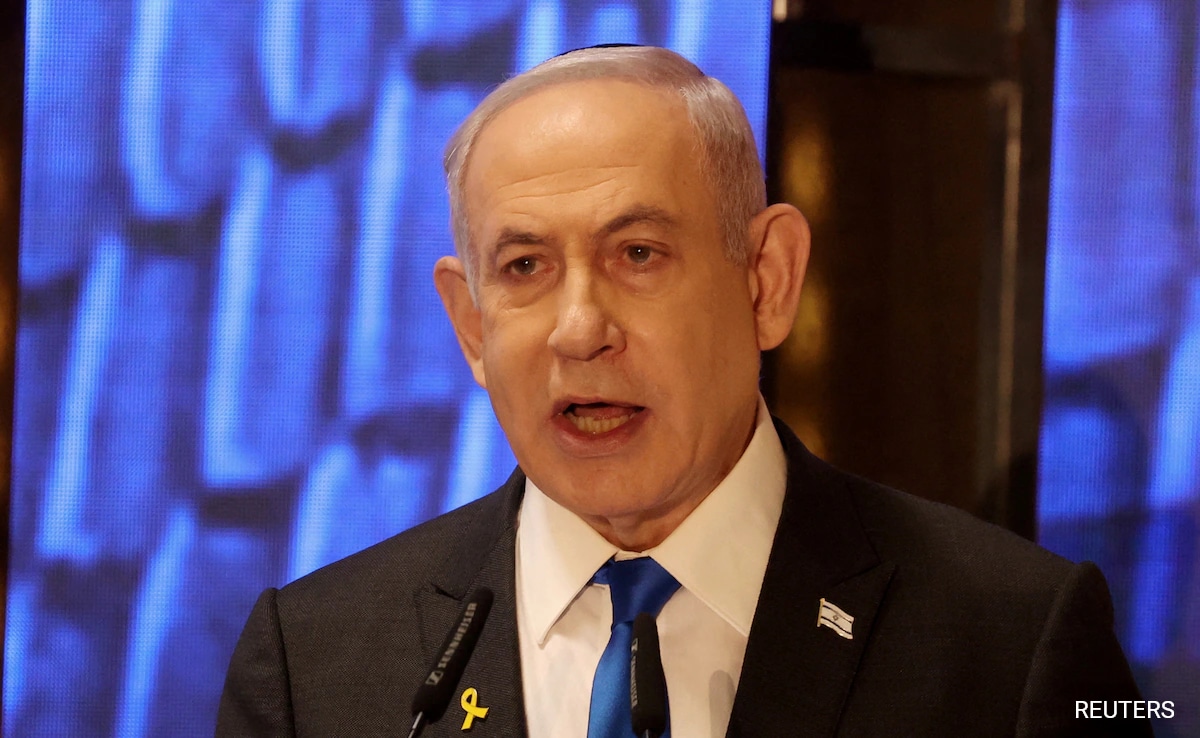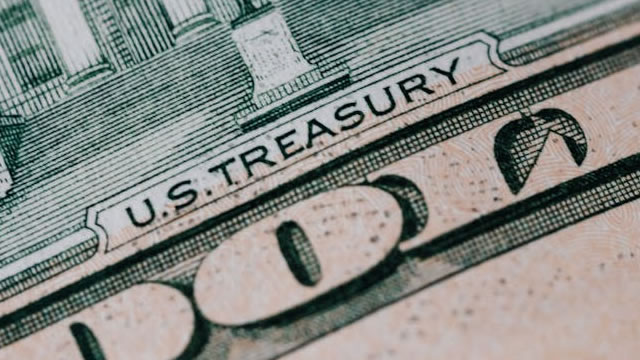The US and the International Criminal Court: A Clash of Power
Should the US Sanction ICC Officials?
Recently, a top foreign policy adviser to Donald Trump suggested that the US should impose sanctions on International Criminal Court officials who seek an arrest warrant for Israeli Prime Minister Benjamin Netanyahu. This proposal has sparked a debate on the relationship between the US and the ICC, and the limits of international jurisdiction.
The US Stance
The United States has a long history of skepticism towards international organizations that could potentially undermine its sovereignty. The ICC, established in 2002 to prosecute individuals for war crimes, genocide, and crimes against humanity, has been a particular point of contention for the US. The US has not ratified the Rome Statute that created the ICC, and has criticized the court for what it sees as overreach in targeting US allies.
By proposing sanctions on ICC officials, the Trump administration is sending a clear message that it will not tolerate any attempts to undermine its allies, even if it means challenging the legitimacy of an international institution. This move reflects a broader trend of US foreign policy that prioritizes national interests over international cooperation.
Impact on Individuals
For individuals like Prime Minister Benjamin Netanyahu, the threat of an ICC arrest warrant is a serious concern. Being labeled as a war criminal could have significant political and legal repercussions, and could further isolate Israel on the world stage. The possibility of US sanctions only adds to the pressure on ICC officials to carefully consider their actions and the potential consequences.
Impact on the World
On a global scale, the US’s aggressive stance towards the ICC is likely to deepen divisions between the US and the international community. By targeting an institution that is meant to promote justice and accountability, the US risks undermining its own credibility as a champion of human rights and the rule of law. This could have ripple effects on other international agreements and institutions, as countries weigh the costs and benefits of engaging with a superpower that is willing to wield its power so brazenly.
Conclusion
The clash between the US and the International Criminal Court highlights the complexities of international relations in an increasingly multipolar world. By proposing sanctions on ICC officials, the US is asserting its power and defending its allies, but at the cost of eroding trust in international institutions and the norms that govern them. The implications of this confrontation will reverberate far beyond the fate of one individual, shaping the future of global governance and the balance of power between nations.





